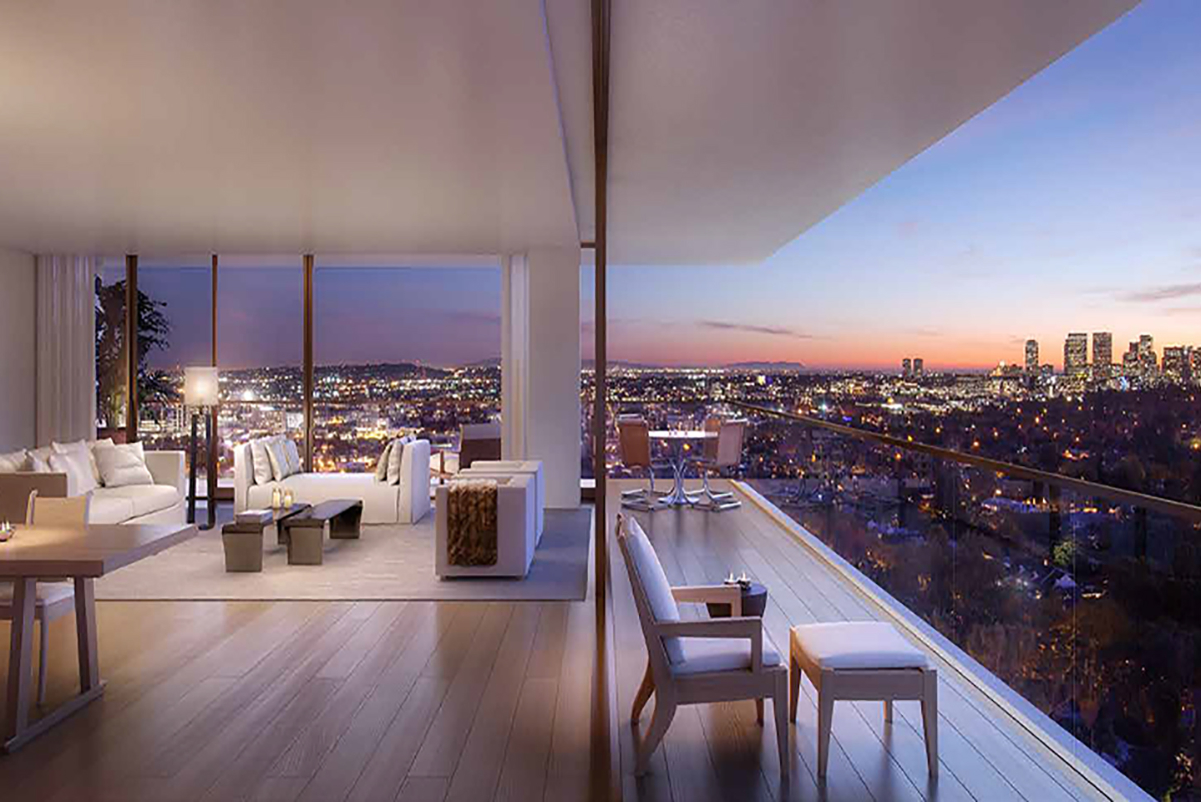Marriott Execs Say Blended Travel Here to Stay With New Product Opportunities

Skift Take
Top executives at Marriott International said they believe the pandemic surge in travelers having blended trip purposes of both business and leisure will have a long-term impact on the hotel sector. The growing trend will affect everything from data collection to the types of properties developers want to fund.
"Blended trip purpose is a trend that likely will not only continue, but accelerate," said CEO Anthony Capuano, who leads the world’s largest hospitality company, said on Tuesday at the Americas Lodging Investment Summit (ALIS) in Los Angeles.
"Do I believe absolute demand numbers will come back and blow past where we were in 2018 and 2019?" Capuano said. "Absolutely. Will I be able to tell you at some point that we were this many million business transient room nights in 2019 and now we've passed that? Not necessarily."
Before the pandemic, Marriott and its peer companies could infer travel purpose from behavior, with weekend stays likely being for leisure travel. But as more people add leisure components to business trips, it becomes harder to know when guests are in either mode. At Marriott, only about 40 percent of its business transient demand is so-called "special corporate" where its teams can connect the dots in the data and determine whether the guests are traveling on corporate accounts. Otherwise, it can be a guessing game.
The new plateau in long-term stay behavior has also changed how Marriott approaches its offerings. In November, the hotel giant said it would debut a serviced apartment brand in the U.S. and Canada called Apartments by Marriott Bonvoy, with premium and luxury amenities.
"We've been in the serviced apartments space overseas for a couple of decades," said Noah Silverman, global development officer, U.S. & Canada. "But it was the time for it here [in North America] precisely because we started to see increased demand for a product where space and location within a market were at least as important to certain customers — or maybe even more important — than the services that you were being provided when you checked into the hotel. That's because people are spending more time in places and they might have the freedom that some of the separation from the office has provided to travelers."
The hotel giant recently bid to acquire the City Express hospitality group in Latin America, and that group includes an extended stay brand that executives acknowledged may be exported outside of the region.
Marriott executives also said they have lately heard more interest in mixed-use and hybrid-purpose hospitality products from developers and capital partners.
"Nine out of ten of our luxury hotels now have a residential component," said Dana Jacobsohn, chief development officer, North America luxury brands and global mixed-use. "We're ahead of our competitors on residential."
Earlier this month Marriott said it had signed what it called the largest hotel-branded residential project announced to date worldwide, with close to 4,200 residential, "officetel," and commercial units, in Ho Chi Minh City. Expected to open in late 2024, the project is being built by real estate firm Masterise Homes, with residential offerings branded with both JW Marriott and Marriott Hotels.
To date, Marriott hasn't formally added co-working services to its portfolio — though many locals and business travelers informally use the lobbies of its hotels to do their jobs digitally.
"Are we going to have office space that you can rent within our hotels?" Jacobsohn said. "We're always open to exploring new things."
At the company's test rooms in a Marriott hotel across from its headquarters in Washington, D.C., paying guests can try out a room that includes flex-office features from the design partner Ori Living (a startup whose earlier furniture innovations, incidentally, Skift showcased during its 2019 megatrends presentations).
"In one model room, you walk in and there's a wall on your left, you press a button and the features reconfigure into a walk-in closet," Capuano said. "At the television wall, you press a button, it opens up, and it's a full office. There's a bed. You press a button, and then [the bed] rises and disappears into the ceiling.... We may weave these ideas into the design of hotels in the future."
For more context, read Blended Travel Comes of Age, one of Skift's 2023 Megatrends.





